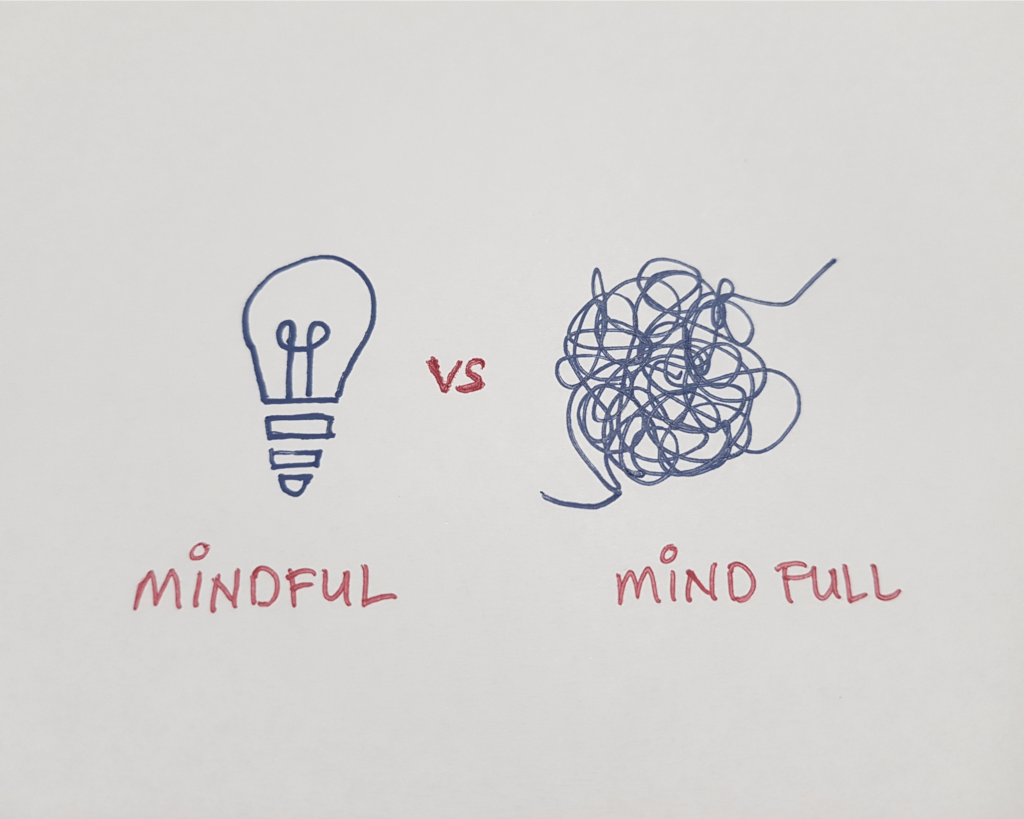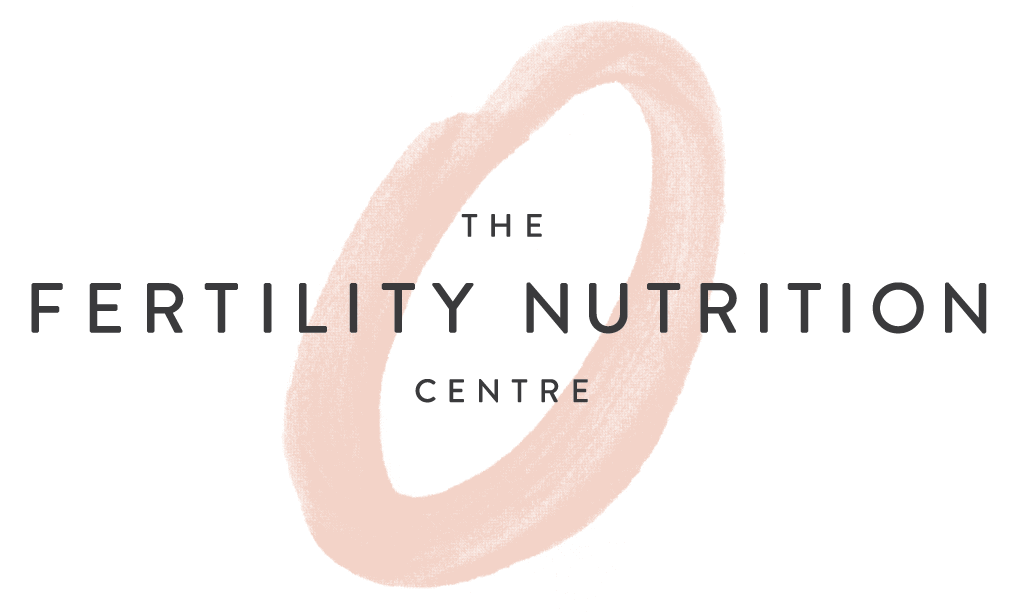
Fertility and Mindfulness: Exploring the Benefits of Mindfulness for Fertility
Trying to conceive can be an extremely stressful and emotionally exhausting journey. The constant tracking, scheduling, procedures, and waiting involved in fertility treatments can truly take a toll. Feelings of anxiety, depression, isolation, and lack of control are common and completely normal! In relation specifically to IVF, the fertility community often refers to the dreaded two-week wait between embryo transfer and pregnancy test as particularly difficult. But in reality, every step of the process is filled with hurdles and uncertainty. And, importantly, each person’s journey is unique.
The added lack of understanding sometimes from the people around you adds to the isolation of infertility. Comments telling you to “just relax” or questioning “why don’t you just adopt”, may be well-meaning but tend to just minimise the physical, mental, and financial trauma. Doctors shuffle you from procedure to procedure, often with little bedside manner, emotional support or even just a clear explanation. Meanwhile, everyone on social media seems to get pregnant without even trying, and that hurts. Unwanted feelings of jealousy can grow, and self-esteem plummets, and you quite rightly wonder, “Why me?” There are plenty of tears, and the stress feels endless.
It’s a lot. This is why caring for our emotional health through the practice of mindfulness can be so beneficial and, we’d argue, critical when trying to conceive. Learning and practising mindfulness techniques can help you cope with the isolation, grief, jealousy, anxiety, loss of control, and trauma that infertility brings.
The Stress-Fertility Connection

Stress and fertility, unfortunately, have a vicious cyclical relationship. Stress can negatively impact fertility by disrupting hormones and reproductive functions. But then dealing with infertility causes major stress, which could further hamper your chances of conceiving.
The lack of control, feelings of failure each month that passes, physical and mental burden of treatments, and grief over infertility are extremely taxing. This stress then further impacts hormones and reproduction. It becomes a vicious cycle where stress impacts fertility problems, then fertility problems cause more stress. Breaking this cycle by reducing stress is crucial when trying to conceive.
Chronic stress leads to elevated levels of cortisol and other hormones that can affect ovulation, sperm quality, and embryo implantation. So stress in and of itself makes it harder to get pregnant. The good news is that studies show that you have the power to break the cycle, and that the way to do this is by learning to manage the stress. Researchers found that those who were taught various stress management techniques improved their fertility outcomes. In other words, it’s not about eliminating stress from you life – it’s learning strategies to help manage your own response to the stress that makes a big difference. One of the most accessible ways that you can begin to incorporate into your life is mindfulness.
Mindfulness Helps Manage Stress

Mindfulness practices have been proven time and time again to reduce stress and anxiety. It teaches us to stay present in the moment rather than replaying the past or stressing about the future. Sitting in quiet meditation or practising mindful movement like yoga helps activate the body’s relaxation response. This counteracts the negative effects of stress.
Mindfulness May Also Directly Benefit Fertility

In addition to relieving stress, research indicates that mindfulness may also directly benefit fertility in both men and women.
For women, mindfulness meditation has been found to affect gene expression related to inflammation and cell ageing. It may also increase the chances of pregnancy for IVF patients.
For men, mindfulness practices have been shown to improve sperm quality, motility, and morphology. Meditation may help men optimise testosterone production as well.
Tips for Incorporating Mindfulness

Here are some easy tips for making mindfulness part of your daily fertility and TTC routine:
- Start a mindfulness meditation practice – Even just 5-10 minutes per day can make a difference. Try a meditation app or YouTube videos. We particularly like Headspace and Insight Timer.
- Go for mindful walks – Leave your phone at home and focus your awareness on the sights, sounds, and sensations around you.
- Practice mindfulness when carrying out repetitive tasks which are often done mindlessly. Next time you are doing the washing up, take a moment to really notice your environment using your sense of smell, touch and sound.
- Practise mindful eating – When enjoying meals and snacks, slow down, notice and savour each bite. This is especially helpful for your digestion and absorption, too.
- Take mindful breaks – Set a timer for 5 minutes during the workday to focus on your breathing and clear your mind.
- Try fertility yoga – Do poses and flows designed to reduce stress and support reproductive health.
- Give yourself, or eachother, a mindful fertility massage – use mindfulness to stay present as you gently massage fertility points.
- Repeat a mantra – Choose a simple phrase like “I am open to conception” and repeat it throughout the day.
- Keep a gratitude journal – Write down things you’re grateful for to cultivate a positive mindset.
A Mindful Fertility Journey
Bringing mindfulness into your daily life can truly make the challenging fertility journey easier to navigate. Quieting your mind eases anxiety and allows your body to do what it needs to achieve pregnancy. Staying present helps you find joy in the process rather than obsessing over hurdles. Most importantly, mindfulness gives you a sense of peace and control over your fertility during what can be an emotionally turbulent time. Give it a try – caring for your mind, is one of the greatest ways you can support yourself, your emotional health, and indeed your physical health and fertility, too.
Don’t forget to follow our Instagram page for more fertility nutrition tips from our team of certified practitioners.
Or click here, and head to our directory to book a free introductory chat with a team member.




